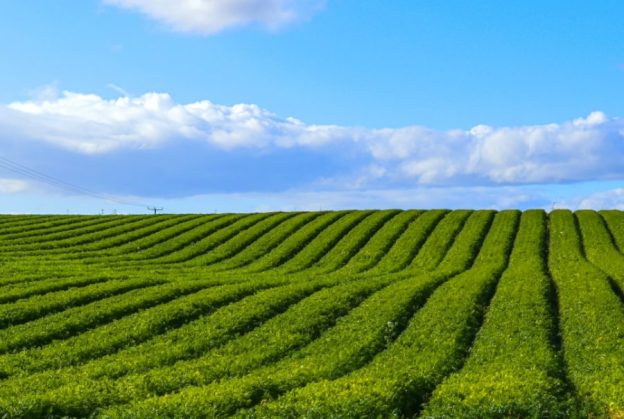One of the biggest concerns for farmers around the world is the high price of fertilisers. Prices were already creeping up, but the war in Ukraine is pushing them even higher. This is because Ukraine and Russia are both major fertiliser manufacturers. Supplies have been hit massively as a result of the conflict. This is putting more pressure on the global agricultural industry.
There is a huge concern that the high fertiliser price and hit to supply will cause a massive drop in food production. That in turn could lead to even higher food prices. In response a number of farmers around the world are switching to organic alternatives to chemical fertilisers. There are a number of interesting options here.
Guano
 In Peru one option that has become incredibly popular is guano. This is the excrement of seabirds. Because their diet is fish based, the droppings are rich in nitrogen, potassium, and phosphate. All of these are great for promoting plant growth.
In Peru one option that has become incredibly popular is guano. This is the excrement of seabirds. Because their diet is fish based, the droppings are rich in nitrogen, potassium, and phosphate. All of these are great for promoting plant growth.
In the past guano was a very important resource. There was even a war in the 1880s because of it, with Chile fighting against Peru and Bolivia. Today the Peruvian Government is transporting it to the mainland for farmers to use. It is subsidised so it is much cheaper than importing chemical fertiliser.
Unfortunately there is a concern here. There is a natural limit on the stocks of guano because seabirds can only produce it at a specific rate. It takes time to replenish, so it can’t support the needs of the whole of Peru alone.
Rice husk charcoal
In Cambodia a lot of farmers are switching to rice husk charcoal. It is an organic fertiliser that uses rice husks, clay, rice bran, and animal bones. The mix includes a number of essential nutrients, including nitrogen, potassium, and phosphorous. It also contains micro-organisms. As a result, it can boost crop growth and increase yields.
Farmers are being advised to make their own rice husk charcoal. It is relatively easy to find the ingredients in most communities. Then it is just a simple case of burning the rice husks to make charcoal and adding the other elements.
Mixed crops
Another option is to grow mixed crops and use manure. The idea here is to produce different things at the same time so the plants can provide nutrients that benefit each other. The practice can also provide benefits like reducing soil erosion, suppressing pets, and improving soil nutrients. It can reduce the need for fertiliser if you compare with growing crops separately.
You can grow many different things together with this kind of farming. One of the most famous examples is known as the three sisters. Native Americans would grow maize, beans and squash or pumpkins together. The beans are nutrient rich and would replace nutrients taken by the maize. The pumpkins or squash grow close to the ground and insulate the soil to stop water from evaporating quickly. Together the three can support each other and provide a better yield for the same amount of land.
Speak to us if you need fertiliser
JS Hubbuck Ltd has been supplying fertilisers in the UK for generations. We remain a friendly, family owned business that works hard to give our clients the best level of service. You can see this in everything we do, whether it is providing advice about products or arranging delivery.
So, if you need a fertiliser supplier you can rely on, speak to us. We would love to be your go to.

